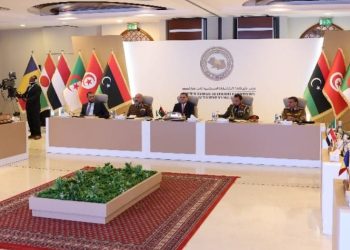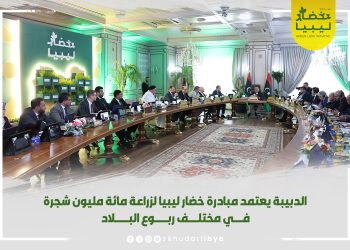By Ayman Majed.
Benghazi, 28 March 2013:
At least one woman travelling with an overland aid convoy heading to Gaza has been sexually . . .[restrict]assaulted in Benghazi, during the brief kidnapping of five British nationals.
The incident took place on Tuesday, when two groups from the aid mission, a British-Pakistani family – a father with his two daughters – and another man and a woman, decided to leave the convoy, which was being delayed at the Libyan-Egyptian border, and return to the UK.
The five took a taxi back to Benghazi but were stopped at the Sidi Al-Faraj checkpoint by members of the Libyan regular army. They were then kidnapped and taken to a farm in the Sellouk area, where at least one of the girls was sexually assaulted. Four of the kidnapped Britons managed to escape and found a local police station. The fifth was later rescued.
It is not clear how many of the three kidnapped women were abused. It has been reported that one was raped. Deputy Prime Minister Awadh al-Barassi said in a statement released on his Facebook page that both daughters had been “brutally raped” in front of their father. “I express my very deep sorrow at what happened,” he said.
“This heinous incident does not under any circumstances reflect the genuine generosity and morality of the Libyan people or the traditions of Arab-Islamic culture,” Barassi said, “and I demand the authorities to take the necessary action.”
The Ministry of the Interior has sent a team to investigate the case. Four Libyan soldiers have already been arrested in connection with allegations of abduction and rape and another is wanted. They are understood to be members of the First Infantry Brigade of the Libyan regular army.
The Turkish Consul-General has provided support to the family and it is reported that they are staying in his residence.
The British Ambassador in Libya, Michael Arun, told the Libya Herald this evening, Thursday, that it had been “in very close contact with the Libyan authorities ever since this tragic incident was discovered.” He said the embassy was “particularly grateful” to the Turkish Consul-General in Benghazi for the help he had provided.
The aid convoy, named Marmara 2, had been held at the Libyan-Egyptian border for over a week, having travelled from Europe through Morocco, Algeria, Tunisia and Libya without visas. It is believed that, although the Egyptian Ministry of Foreign Affairs was prepared to let them in, the Egyptian border guards refused them entry.
When travellers in the convoy started running out of money and food, the five British nationals decided to leave and return to the UK. [/restrict]











